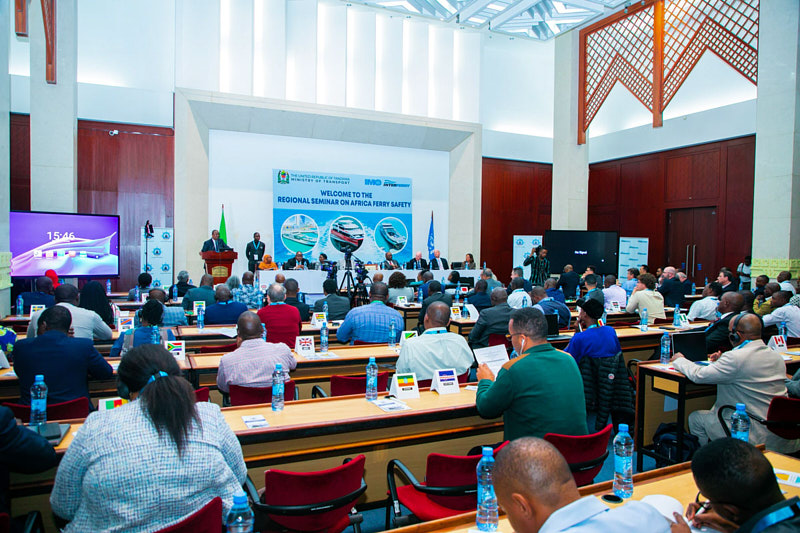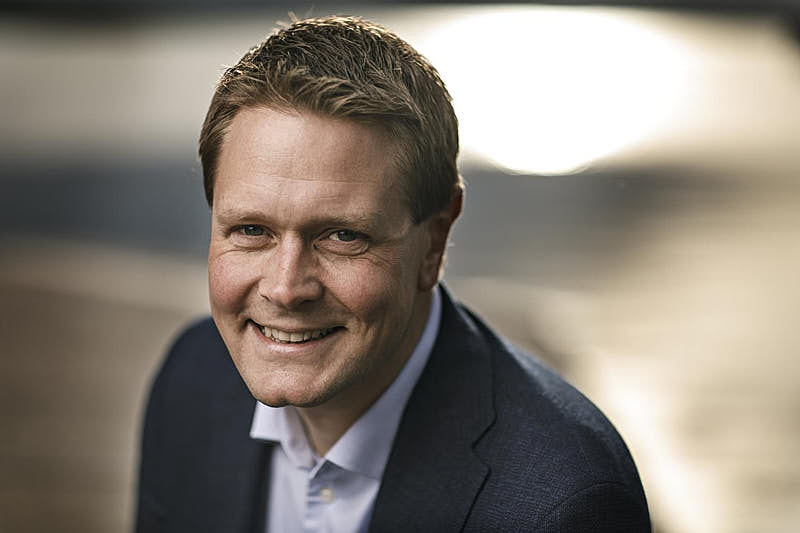“To supercharge the green shift, we need a clear zero-emissions target by 2050, a market-based levy on CO2 emissions and an improved set of efficiency measures, and as our industry’s global regulator the IMO is the body to do it – and fast. We no longer have the luxury of time,” writes Norwegian Shipowners’ Association (NSA) CEO Harald Solberg.
“In the wake of this year’s Nor-Shipping, it was clear to me in all the conversations I had both on and off the record that momentum is growing across the industry to push for higher targets on decarbonization, faster technology development and improved efficiency throughout the value chain to tackle the climate crisis.”
“My post-fair summary to all our global partners is that the Norwegian shipping community will continue to be a loud and leading voice in that process. The NSA launched its own ambitious climate strategy in 2020, under which our members, firstly, will only order vessels based on zero-emission technology from 2030, and secondly, will operate a climate-neutral fleet by 2050.”
“IMO’s current climate strategy was adopted in 2018 with a goal to reduce total greenhouse gas (GHG) emissions from international shipping by at least 50% by 2050 compared to 2008 levels. The strategy also called for the development of short-term measures to help achieve this goal, including energy efficiency standards for new ships and the development of the Carbon Intensity Indicator (CII) for existing ships.”
“The NSA stands firmly behind the IMO. We continue to believe that maritime regulations should be developed to the greatest extent possible at the global level under its direction. This is the best way to ensure fair competition and an optimally effective regulatory framework, versus a patchwork of regional regulations that would be unnecessarily burdensome in terms of cost and compliance.”
“It is our view that the IMO urgently needs to adopt a more ambitious strategy along the same lines as our own. We advocate setting an unequivocal zero-emissions goal by 2050 and the implementation of a market-based mechanism that puts a price on GHG emissions from international shipping. The latter is absolutely crucial to reduce emissions globally. The income from a CO2 levy should, in turn, be used to finance the green transition by reducing the price of alternative energy sources.”
“In addition, the CII has shown significant weaknesses, including unintended consequences that may cause the distortion of vessel trading platforms to achieve better rankings, which in a worst-case scenario could lead to higher fuel consumption and more emissions. New and more efficient measures are necessary instead of a ‘one size fits all’ dynamic based on nautical miles sailed.”
“The 80th meeting of the Marine Environment Protection Committee (MEPC-80) in July will decide on the IMO’s revised climate strategy. We cannot shrink away from our shared responsibility to transform maritime transport, and with the IMO in the vanguard I believe we can get there – together and on a level playing field.”
“To conclude, as the international regulator of our industry we need the IMO to show strong and tough leadership. The July meeting will be seen as a key milestone, and bold decisions are required. Any loopholes need closing and there is no time to waste.”









